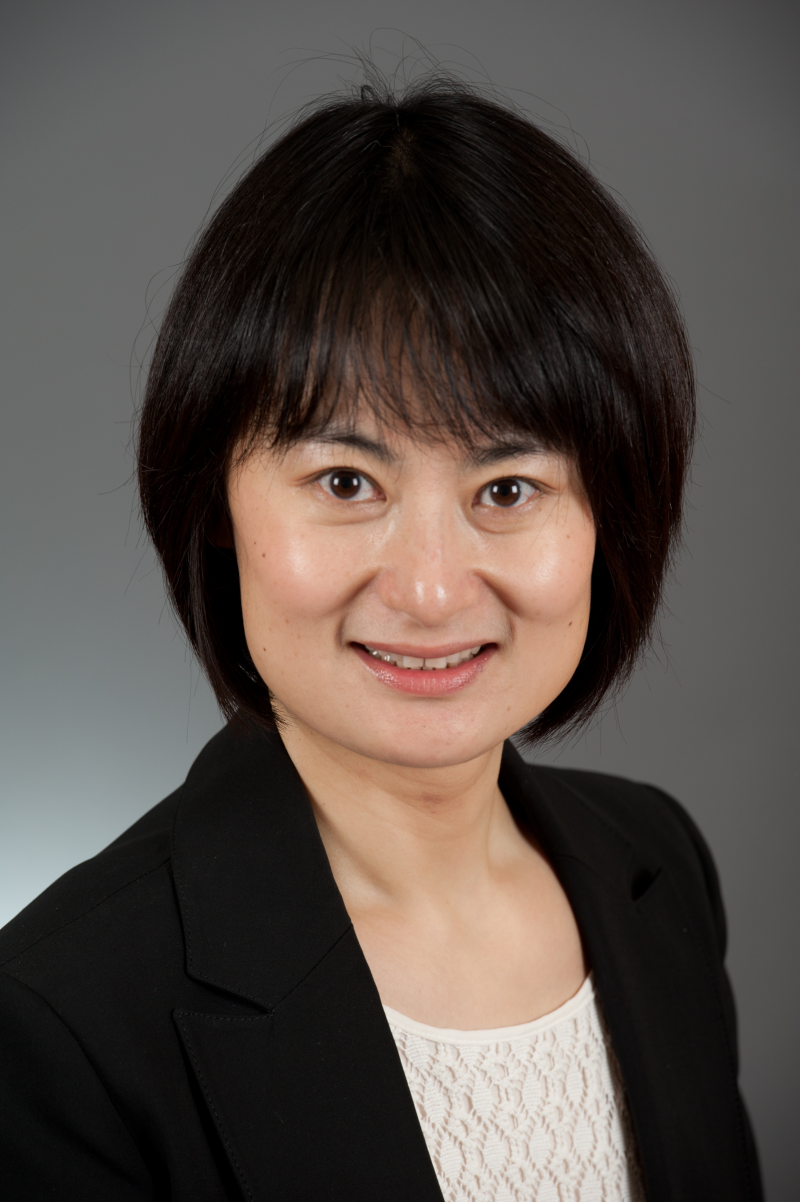

Dingding An (Photo: Boston Children's Hospital)
Dingding An
Research Associate, Boston Children’s Hospital
Assistant Professor of Pediatrics, Harvard Medical School
B.S., Environmental Science and Engineering, Tsinghua University
M.S., Environmental Engineering, Duke University
Ph.D., Environmental Engineering and Microbiology, Northwestern University
Project: How do signals from resident bacteria keep the intestines healthy?
Motivated by a desire to advance strategies for environmental protection, Dingding An began her undergraduate education in environmental engineering at Tsinghua University in Beijing. She took many courses in chemistry and physics, but was increasingly drawn to biology. An’s research experience at Duke University helped her make this transition—she chose a laboratory that focused on the remediation of pollution by microbial processes, and discovered she had a keen interest in working with bacteria.
In her doctoral research, An explored how multiple species of bacteria grow, survive and compete in communities called biofilms, which are known for posing problems in food production and medicine. During the course of her Ph.D., she followed her mentor, Matthew Parsek, from Northwestern University to the University of Iowa, and finally to the University of Washington School of Medicine in Seattle. This exposure to diverse biological research environments inspired An to pursue research on host-microbe interactions.
As a postdoctoral fellow in Dennis Kasper’s lab at Harvard Medical School, she began using mouse models to examine microbes that function not as pathogens, but as partners. She studied how bacteria living in the intestine modulate the immune system and protect the host from inflammatory bowel disease. An found that this protection is conferred in part by unique yet abundant bacterial molecules called sphingolipids. Now, An and her team are seeking a fuller understanding of sphingolipids in intestinal health. Their research will address why these bacterial signals seem to be important early in life, and how sphingolipids affect the production of mucus, which forms a critical barrier between bacterial cells and the host’s intestinal cells. “Eventually, I think we could identify specific sphingolipids produced by bacteria and use them as therapeutics to specifically help patients when they have a mucus production problem,” she says.